Intro
Discover the 5 best cough meds for instant relief, featuring over-the-counter cough suppressants, expectorants, and natural remedies to soothe dry, wet, and persistent coughs, alleviating congestion and bronchitis symptoms.
Coughing is a natural reflex that helps clear the airways of irritants, but when it becomes persistent and disruptive, it can be challenging to manage. With so many over-the-counter (OTC) medications available, choosing the right one can be overwhelming. In this article, we will delve into the world of cough medications, exploring the different types, their ingredients, and the best options for various needs.
For individuals suffering from a persistent cough, finding the right medication is crucial. A cough can be a symptom of an underlying condition, such as a cold, flu, or allergies, and treating it effectively can help alleviate discomfort and promote recovery. With the numerous options available, it's essential to understand the differences between them and how they work. Whether you're looking for a medication to suppress your cough or one that will help loosen mucus, there's a product out there that can help.
Cough medications can be broadly categorized into two main types: cough suppressants and expectorants. Cough suppressants, such as dextromethorphan, work by reducing the cough reflex, while expectorants, like guaifenesin, help thin and loosen mucus, making it easier to cough up. Understanding the type of cough you have and the ingredients in the medication can help you make an informed decision. In this article, we will explore the best cough medications available, including their active ingredients, benefits, and potential side effects.
Types of Cough Medications
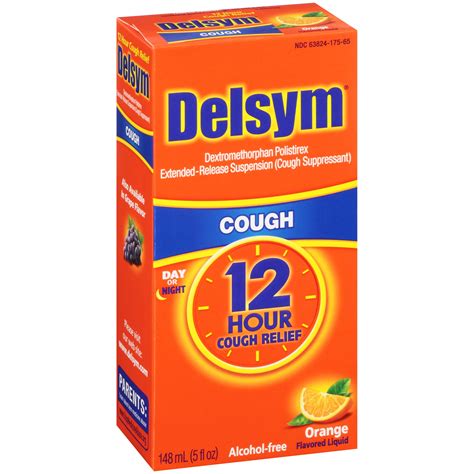
Cough medications come in various forms, including tablets, capsules, syrups, and lozenges. Each type has its own set of benefits and drawbacks. For example, syrups are often preferred by children and individuals who have difficulty swallowing pills, while lozenges can provide quick and targeted relief. When choosing a cough medication, it's essential to consider factors such as age, medical conditions, and potential interactions with other medications.
Cough Suppressants
Cough suppressants are designed to reduce the frequency and severity of coughing. They work by blocking the cough reflex in the brain, providing quick relief from persistent coughing. However, they may not address the underlying cause of the cough and can have side effects such as drowsiness and dry mouth. Common cough suppressants include dextromethorphan and codeine.Best Cough Medications for Adults
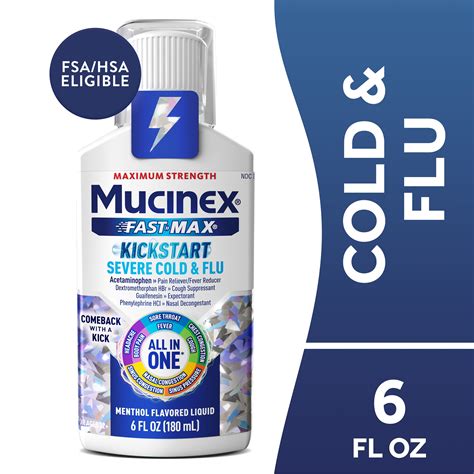
When it comes to choosing the best cough medication for adults, there are several options available. Here are some of the top-rated products:
- Robitussin: A cough suppressant that contains dextromethorphan, providing up to 12 hours of relief from persistent coughing.
- Mucinex: An expectorant that helps thin and loosen mucus, making it easier to cough up.
- NyQuil: A combination medication that contains both a cough suppressant and an expectorant, providing relief from coughing and congestion.
Benefits and Side Effects
Each cough medication has its own set of benefits and potential side effects. For example, Robitussin can provide long-lasting relief from coughing, but may cause drowsiness and dry mouth. Mucinex, on the other hand, can help loosen mucus, but may cause stomach upset and diarrhea. It's essential to read and follow the label instructions carefully and consult with a healthcare professional if you have any concerns.Best Cough Medications for Children
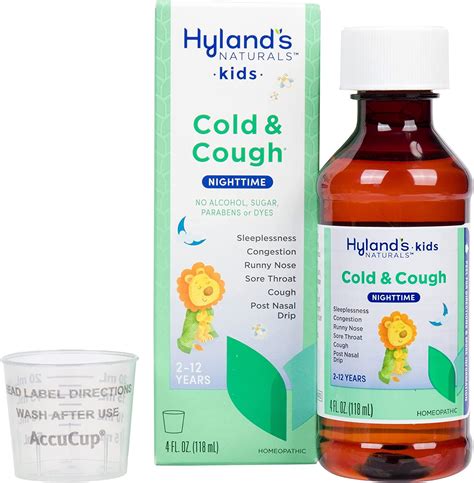
When it comes to choosing the best cough medication for children, it's essential to consider their age, weight, and medical history. Here are some top-rated options:
- Dimetapp: A cough suppressant that contains dextromethorphan, providing relief from persistent coughing in children over 6 years old.
- Pediacare: A line of cough medications that offer a range of products for different ages and needs, including cough suppressants and expectorants.
Precautions and Interactions
Cough medications can interact with other medications and have side effects, especially in children. It's crucial to follow the recommended dosage and consult with a healthcare professional before giving any medication to a child. Additionally, parents should be aware of potential allergens and ingredients that may cause adverse reactions.Natural and Home Remedies
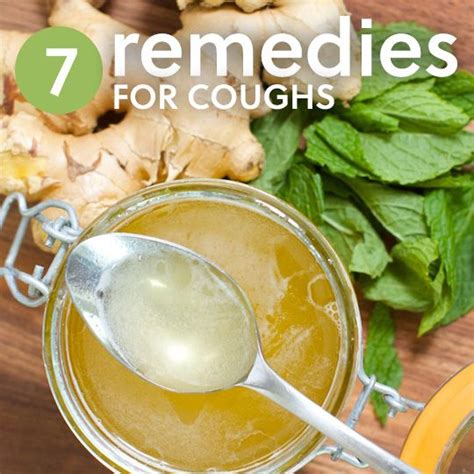
In addition to OTC medications, there are several natural and home remedies that can help alleviate coughing. These include:
- Honey: A natural cough suppressant that can be consumed on its own or mixed with warm water or tea.
- Ginger: A natural expectorant that can help loosen mucus and reduce inflammation.
- Steam inhalation: Breathing in warm, moist air can help loosen mucus and reduce congestion.
Benefits and Precautions
Natural and home remedies can be effective and gentle, but they may not be suitable for everyone. For example, honey should not be given to children under 12 months old, and ginger can interact with certain medications. It's essential to consult with a healthcare professional before trying any new remedies, especially if you have a underlying medical condition.Conclusion and Final Thoughts
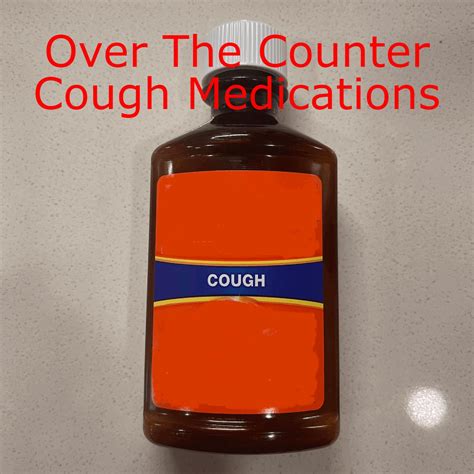
In conclusion, choosing the right cough medication can be a daunting task, but by understanding the different types, ingredients, and benefits, you can make an informed decision. Whether you're looking for a cough suppressant or an expectorant, there's a product out there that can help. Remember to always follow the label instructions, consult with a healthcare professional if you have any concerns, and consider natural and home remedies as a complementary approach.
We invite you to share your thoughts and experiences with cough medications in the comments below. Have you found a product that works well for you or your family? Do you have any questions or concerns about cough medications? Let's start a conversation and help each other find the best solutions for a healthy and happy life.
What is the best cough medication for a dry cough?
+The best cough medication for a dry cough is often a cough suppressant, such as dextromethorphan. However, it's essential to consult with a healthcare professional to determine the underlying cause of the cough and choose the most suitable treatment.
Can I give my child cough medication if they have a fever?
+It's generally not recommended to give cough medication to a child with a fever without consulting a healthcare professional first. Some cough medications can interact with other medications or worsen underlying conditions, so it's crucial to seek medical advice before administering any medication.
Are natural cough remedies effective?
+Natural cough remedies, such as honey and ginger, can be effective in alleviating coughing. However, it's essential to consult with a healthcare professional before trying any new remedies, especially if you have a underlying medical condition or are taking other medications.
